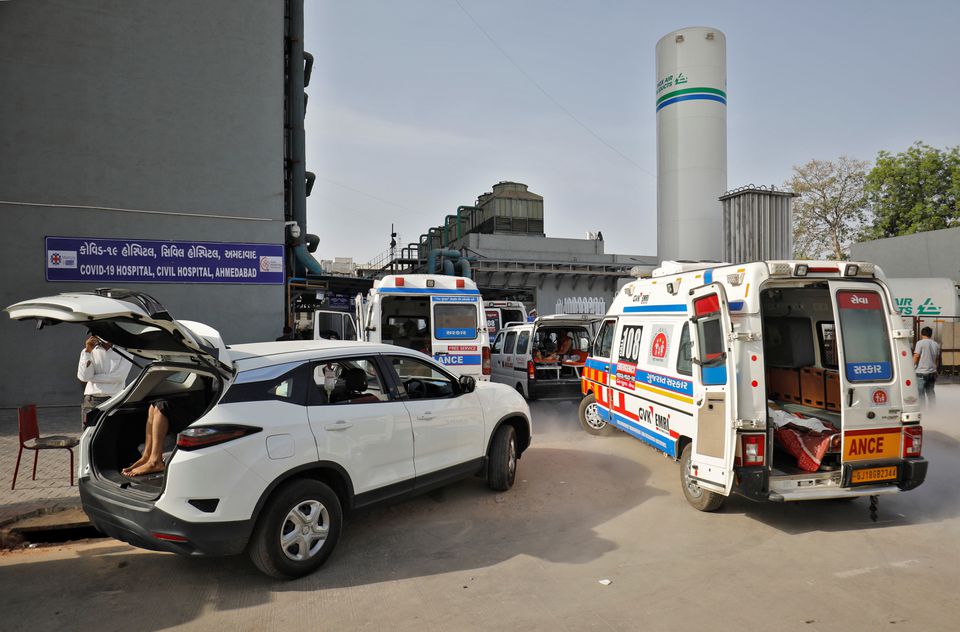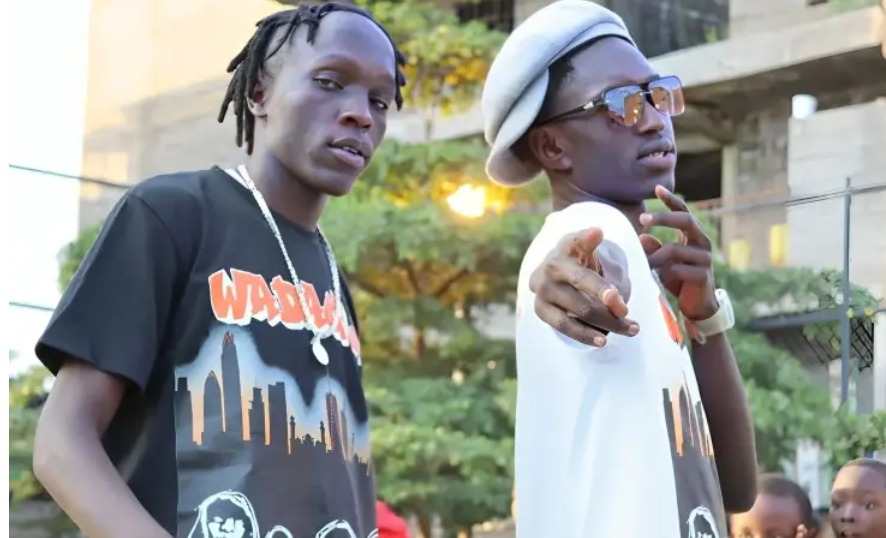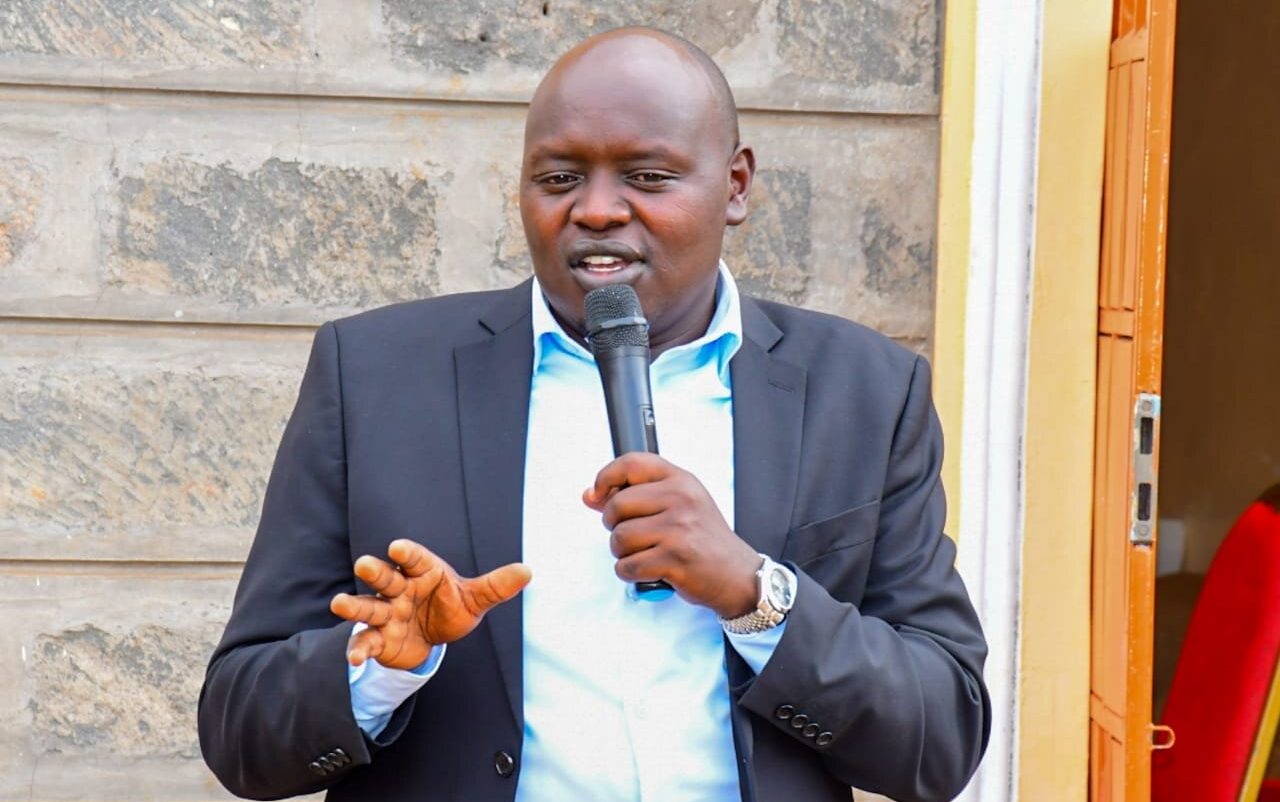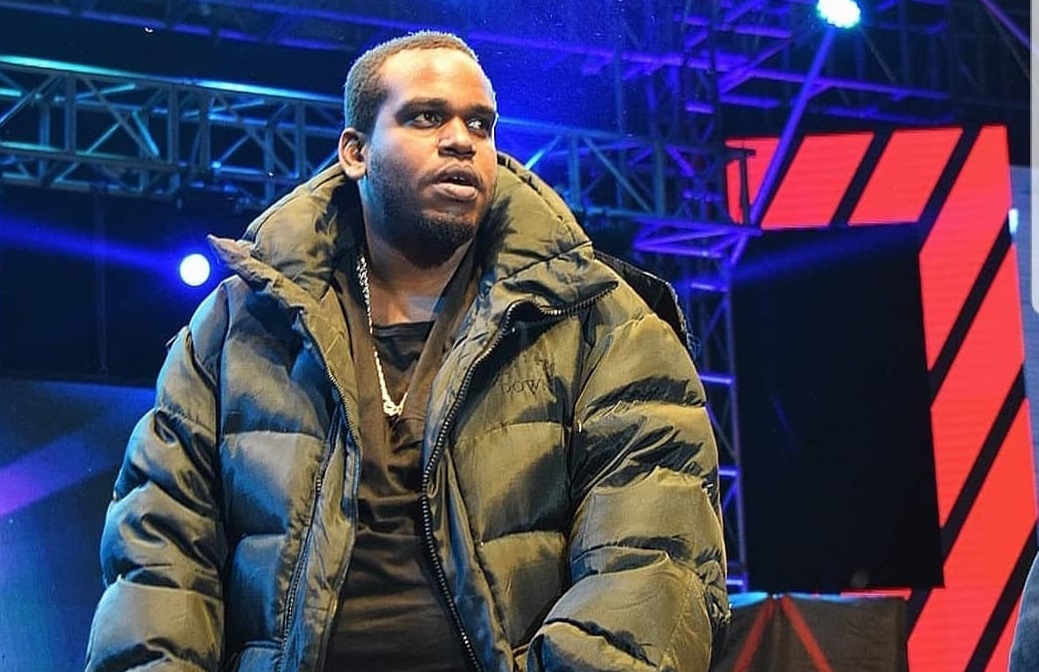By REUTERS
India marked a new milestone in the COVID-19 pandemic on Thursday, reporting 314,835 new daily cases, the highest one-day tally anywhere, as its second wave and similar surges elsewhere raised new fears about the ability of health services to cope.
Hospitals across northern and western India including the capital, New Delhi, have issued notices to say they have only a few hours of medical oxygen required to keep COVID-19 patients alive.
As reported by Reuters, more than two-thirds of hospitals had no vacant beds, according to the Delhi government’s online data base and doctors advised patients to stay at home.
The situation is very critical,” Dr Kirit Gadhvi, president of the Medical Association in the western city of Ahmedabad, told Reuters.
“Patients are struggling to get beds in COVID-19 hospitals. There is especially acute shortage of oxygen.”
Krutika Kuppalli, assistant professor at the Division of Infectious Diseases, Medical University of South Carolina in the United States, said on Twitter the crisis was leading to a collapse of the healthcare system.
The previous record one-day rise in cases was held by the United States, which had 297,430 new cases on one day in January, though its tally has since fallen sharply.
India’s total cases are now at 15.93 million, while death rose by 2,104 to reach a total of 184,657, according to the latest health ministry data.
Television showed images of people with empty oxygen cylinders crowding refilling facilities in the most populous state of Uttar Pradesh as they scrambled to save relatives in hospital.
“We never thought a second wave would hit us so hard,” Kiran Mazumdar Shaw, the executive chairman of Biocon & Biocon Biologics, an Indian healthcare firm, wrote in the Economic Times.
“Complacency led to unanticipated shortages of medicines, medical supplies and hospital beds.”
Similar surges of infections elsewhere, in South Africa in particular, are threatening to overwhelm other health services.
India has launched a vaccination drive but only a tiny fraction of the population has had the shots.
Authorities have announced that vaccines will be available to anyone over the age of 18 from May 1 but India won’t have enough shots for the 600 million people who will become eligible, experts say.
Health experts said India had let its guard down when the virus seemed to be under control during the winter, when new daily cases were about 10,000, and it lifted restrictions to allow big gatherings.
Prime Minister Narendra Modi’s government has come in for criticism for holding packed political rallies for local elections and allowing a religious festival at which millions gathered.
On Thursday, despite the biggest public health emergency the country has faced in a generation, people were voting in the eastern state of West Bengal for a new state assembly in an election that Modi has been campaigning in.
“It’s a festival of democracy and everyone is participating. You can see the queues,” said Krishna Kalyan, a candidate from Modi’s ruling Bharatiya Janata Party.
Experts say new variants, in particular a “double mutant” variant that originated in India are largely responsible for the new spikes in cases.
“The double mutant is considerably more infectious than the older strain of virus,” said Gautam I. Menon, a professor at Ashoka University.










